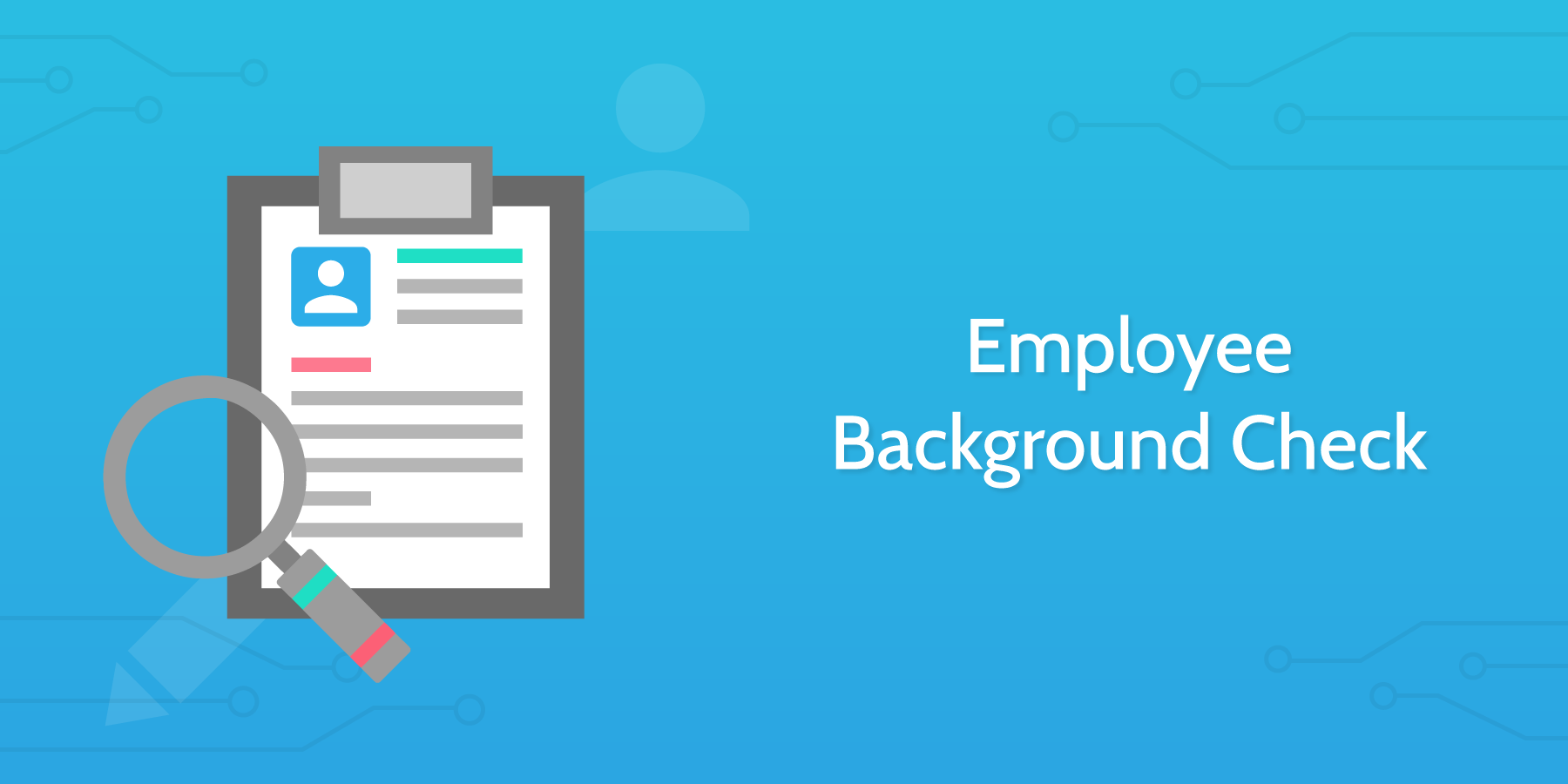
- Home
- Professional Development, Training & Certification
- Why Ongoing Training Is Crucial in Security Careers
Why Ongoing Training Is Crucial in Security Careers

Stay Sharp, Stay Relevant, Stay Protected
In a profession built on preparedness, vigilance, and rapid response, the importance of ongoing training in security careers cannot be overstated. Whether you’re an unarmed guard, an armed officer, or an executive protection agent, your ability to stay sharp and current can be the difference between stopping a threat and becoming a liability.
The security industry is constantly evolving — new technologies, emerging threats, and updated regulations all require security professionals to maintain and upgrade their knowledge regularly. This blog explores why continuous training is not just beneficial, but absolutely essential for long-term success in any security role.
The Nature of Security Work is Always Changing
Security threats aren’t static. Today’s professionals face:
Sophisticated theft and fraud schemes
Cybersecurity concerns in physical security
Evolving crowd behavior and protest dynamics
New tools like drones, biometric scanners, and AI-powered surveillance
Changing laws around use of force, privacy, and detainment
If you’re working with outdated knowledge or expired credentials, you’re not just putting your job at risk — you’re putting people and property at risk too.
Key Areas Where Ongoing Training Matters
Here are several core areas where continuing education plays a key role:
1. Regulatory Compliance
Each state or country often updates laws related to licensing, arrest procedures, or the use of force. Staying trained helps you avoid legal issues and keeps your employer compliant.
2. Use of Force & Firearms Requalification
Armed guards and executive protection agents are typically required to requalify with firearms annually or bi-annually. This ensures safe handling and judgment under pressure.
3. First Aid, CPR & Emergency Response
Security guards are often first on the scene. Refreshing these lifesaving skills every 1–2 years is critical.
4. Conflict Resolution & De-Escalation
Modern security demands more than just presence. Training in how to calm situations and avoid escalation is now a top priority in retail, corporate, and event security.
5. Technology Proficiency
From operating CCTV systems to logging digital reports and using mobile patrol apps, staying updated with the latest tools boosts your efficiency and employability.
6. Situational Training / Drills
Many companies now run simulations and scenario-based drills to prepare guards for active shooter situations, fire emergencies, or VIP extraction events.

Benefits of Ongoing Training for Security Professionals
Continuing your education and skill-building offers more than just compliance — it provides real career advantages:
Improved job performance – You’ll handle incidents with greater confidence and skill.
Higher earnings potential – Certified and trained personnel command better pay and promotions.
More job opportunities – Employers prioritize candidates with up-to-date credentials and a commitment to growth.
Increased respect – A well-trained guard gains more trust from clients, coworkers, and the public.
Career mobility – Advanced roles like team lead, site supervisor, or investigator often require additional training.
How to Access Ongoing Training
If you’re not sure where to begin, here are some ideas:
Ask your employer – Many companies offer in-house programs or will reimburse approved courses.
Local training centers – Most cities have certified security academies or vocational schools.
Online platforms – Reputable sites offer flexible programs in defensive tactics, report writing, surveillance, and more.
Professional associations – Organizations like ASIS or NASCO often offer workshops and continuing education credits.
State regulatory agencies – They usually list approved providers for requalification courses.
For Employers: Why You Should Invest in Training
Employers benefit tremendously from providing access to updated training:
Fewer compliance violations
Better incident handling
Improved guard retention and morale
A more professional and capable workforce
Enhanced company reputation in client-facing environments
In an industry where reputation is everything, trained personnel become your greatest asset.
Final Thoughts
In security, there’s no such thing as “trained once, trained forever.” Threats change. Rules evolve. Expectations grow. The best security professionals are lifelong learners who recognize that ongoing training isn’t a requirement — it’s a responsibility.
Whether you’re new to the field or decades into your career, make it a goal to keep learning, upgrading, and improving. It’s how you stay employable, credible, and above all — ready.
Looking for a career change? Browse our job listings now!







